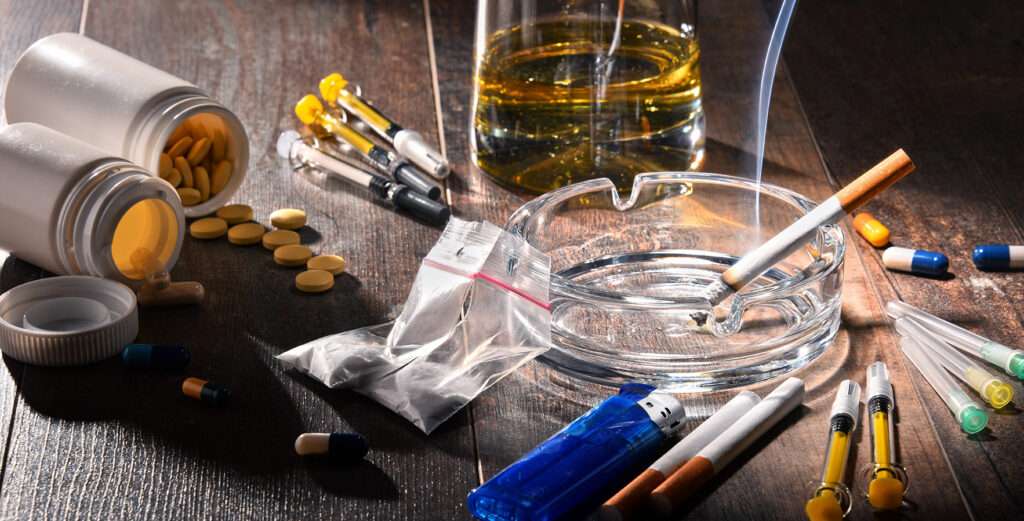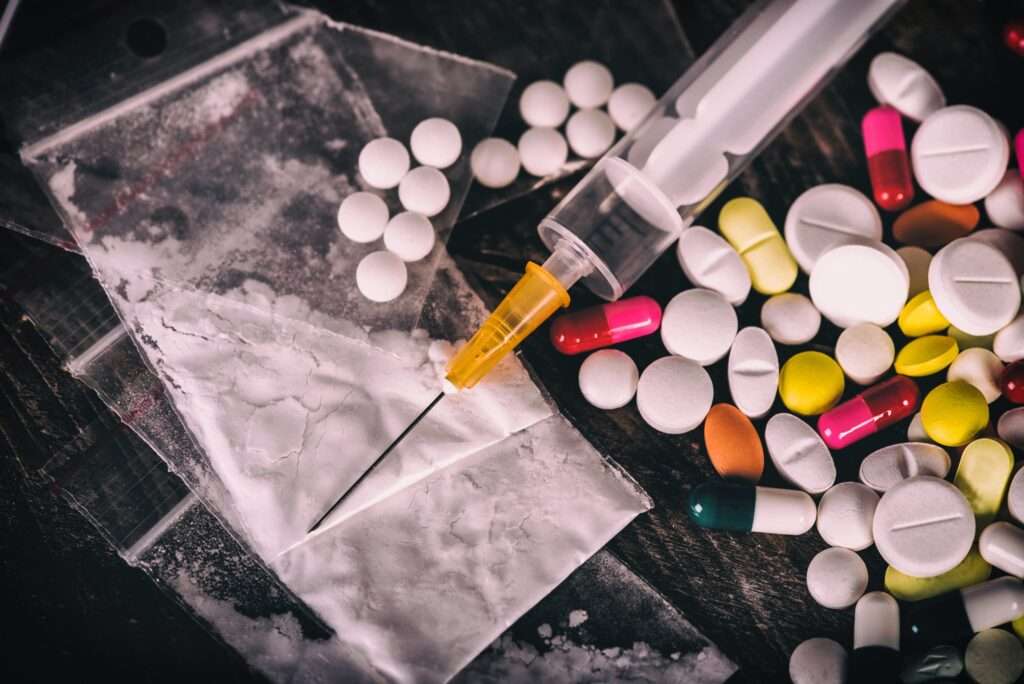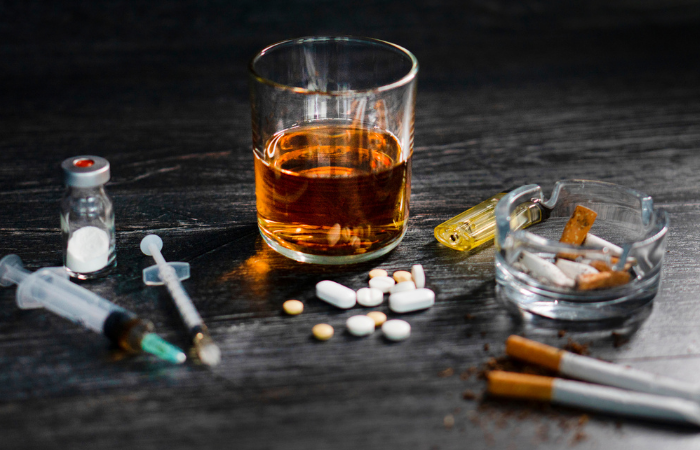In today’s world, the youth face many challenges that threaten their well-being, with one of the most concerning being the rise of substance abuse. Whether it’s drugs, alcohol, or other harmful substances, addiction can trap young people in a vicious cycle that jeopardizes their health, future, and potential. It’s crucial to address this issue and help young individuals break free from the grip of these harmful habits.
Understanding the Impact of Substance Abuse on Youth
The consequences of substance abuse for young people are far-reaching. Drugs and alcohol can hinder brain development, impair decision-making, and increase the risk of engaging in risky behaviors. Addiction during these formative years can also lead to mental health issues, academic failure, strained relationships, and a reduced sense of self-worth. As substances become an escape from emotional or social struggles, the consequences ripple across all aspects of a young person’s life.
Building Awareness and Educating the Youth
One of the first steps to disconnecting youth from harmful substances is through education. By providing awareness about the dangers of drug abuse, young people can understand the long-term effects on their health and the dangers they face. School programs, workshops, and community initiatives can play a significant role in delivering this important message. It’s vital for young people to know that there are healthier alternatives to cope with stress, peer pressure, and emotional challenges.


Providing Support Systems
Youth who are struggling with substance abuse often feel isolated and misunderstood. It’s essential to create a support system that includes family, friends, mentors, and professionals. Peer support groups, counseling services, and rehabilitation programs can offer the encouragement and resources needed to help young people break free from addiction. By offering a compassionate and non-judgmental environment, these support systems provide hope and empowerment for those on the journey to recovery.
Promoting Healthy Lifestyle Choices
Instead of turning to substances, young people should be encouraged to engage in activities that promote their physical and mental well-being. Exercise, sports, arts, and hobbies are excellent alternatives that allow youth to express themselves in a positive and fulfilling way. By encouraging them to explore these avenues, we can help them develop a sense of purpose and belonging, which reduces the likelihood of turning to harmful substances.


Empowering Youth through Leadership
Leadership programs and mentorship can also have a profound impact on youth, helping them take responsibility for their choices and encourage others to stay away from harmful substances. By giving young people the tools to become leaders in their communities, we empower them to make positive changes, not only in their own lives but also in the lives of others.
Conclusion
Breaking free from the grip of drugs and addiction requires more than just awareness—it requires a collective effort from families, communities, and the government. By providing education, support, and alternative pathways, we can help youth reclaim their potential and make healthier choices. Empowering young people to disconnect from harmful substances is an investment in their future and the future of society.


